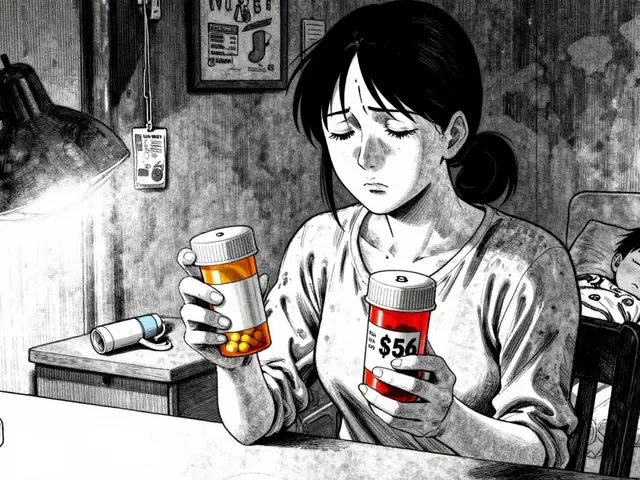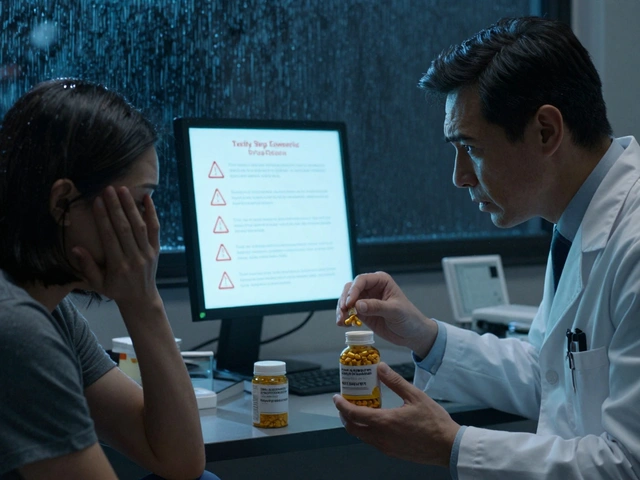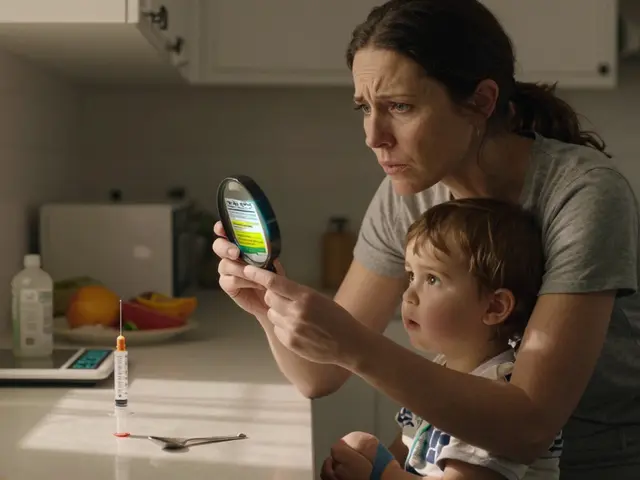Acne Treatment Comparison: Find the Right Option for Your Skin
When it comes to acne treatment comparison, the process of evaluating different methods to clear up acne based on effectiveness, side effects, and suitability for individual skin types. Also known as acne therapy options, it helps you move past trial and error and choose a plan that fits your body, not just a marketing claim. Not all acne is the same. Some people get a few occasional breakouts. Others deal with deep, painful cysts that leave scars. That’s why one person’s miracle cure is another’s waste of money.
Most acne treatments fall into three buckets: topical acne treatments, medications applied directly to the skin, like creams, gels, or washes containing benzoyl peroxide, retinoids, or antibiotics, oral acne medications, pills taken by mouth, including antibiotics, birth control, or spironolactone, used for moderate to severe cases, and isotretinoin, a powerful oral drug for severe, scarring acne that doesn’t respond to other treatments. Each has different timelines, risks, and results. Benzoyl peroxide kills bacteria and dries out pores—it works fast but can burn. Retinoids unclog pores over weeks but make skin sun-sensitive. Oral antibiotics reduce inflammation but lose effectiveness over time. Isotretinoin can clear acne for good, but it demands strict monitoring because of serious side effects.
What you need depends on your skin type, how bad your acne is, and what you’re willing to tolerate. A 16-year-old with mild breakouts doesn’t need isotretinoin. Someone with hormonal acne might respond better to spironolactone than any cream. And if you’ve tried three topicals without results, it’s not that you’re doing it wrong—it’s that you might need something stronger. The goal isn’t to find the most popular treatment. It’s to find the one that works for you without wrecking your skin or your peace of mind.
Below, you’ll find real comparisons between the most common options—what works, what doesn’t, and what surprises people. No fluff. No sponsored hype. Just clear, side-by-side breakdowns of what each treatment actually does, how long it takes, and who it’s best for. Whether you’re tired of buying new creams every month or scared to start a pill, this collection has the facts you need to make a smart move.
Retin A 0.025% (Tretinoin) vs Alternatives: A Practical Comparison
A clear, side‑by‑side look at Retin A 0.025% (tretinoin) versus OTC and prescription alternatives, with safety tips, pros, cons, and a handy FAQ.
About
Medications
Latest Posts


Why You Must Tell Your Doctor About Every Supplement and Herbal Remedy You Take
By Orion Kingsworth Dec 1, 2025

How to Read Children’s Medicine Labels by Age and Weight
By Orion Kingsworth Feb 3, 2026

C. difficile Colitis: How Antibiotics Trigger It and Why Fecal Transplants Work
By Orion Kingsworth Nov 21, 2025

